Adhesive Laboratory

Adhesive testing to determine performance and properties across multiple industry applications such as aerospace, automotive, construction, packaging, industrial, medical and energy to support application development and quality assurance.
Our research & development team relies on state-of-the-art equipment to formulate new product offerings and solve unique industrial and construction challenges. Each of our R&D labs is fully staffed with trained personnel who use these tools to expedite development cycles, validate the quality of inbound raw materials and precisely control the specifications of our finished products. Our research and development capabilities are a key part of our extensive service offering. We are experts in adhesive product development.
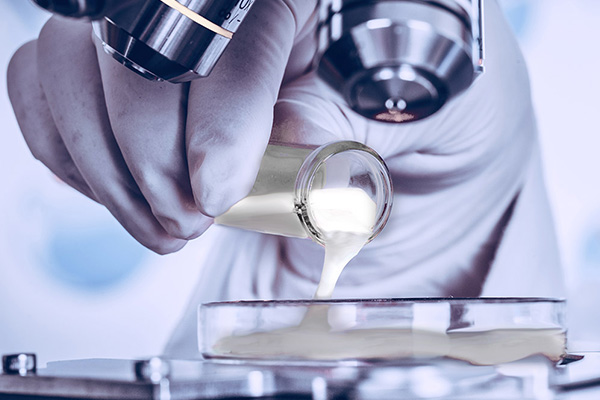
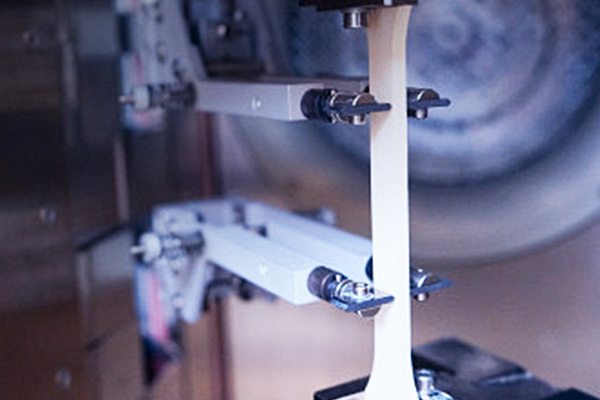
Our experts produce swift and accurate performance adhesive test data for products used in various industries and applications, such as electronic, chip, aerospace, automotive, and construction. The data we provide assists material engineers in the selection of materials in global markets. It includes adhesive strength testing such as tensile, shear, and peel data, as well as other adhesive property tests (e.g., impact, odor, and aging). Testing can be performed in hot/wet/dry conditions at ambient, elevated, or reduced temperatures. Additionally, we provide adhesion testing of coatings, chemical analysis and development support testing, quality assurance programs, and troubleshooting analysis investigations.
Adhesive Formulation Development Support:
Our adhesive formulation testing experts analyze adhesives across a wide range of applications, from packaging to transportation to the electronics industry. They have experience across a wide range of curing processes (heat-activated curing adhesives, UV-activated curing adhesives, anaerobic adhesives, moisture-activated, and pressure-sensitive adhesives) and chemistries (epoxies, urethanes, polyimides, acrylics, cyanoacrylates, silicones). We deliver both chemical testing and physical performance testing as tailored programs to meet your specific needs.
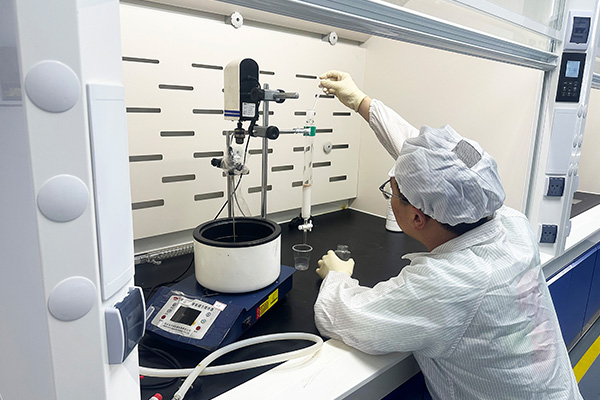
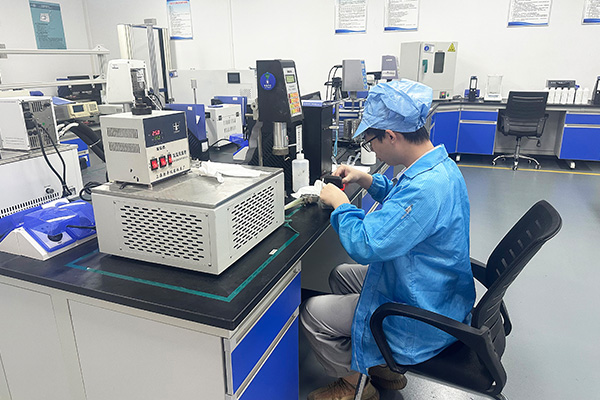
We support the development of new adhesive formulations through performance testing, including adhesion, peel, lap shear strength, shear modulus, tensile, flexural, impact, and cleavage strength, durability, fatigue, environmental resistance, conductivity, and mechanical properties (e.g., creep, fracture, and fatigue). We also analyze physical attributes (softening point, rheology, solids content, filler content, specific gravity, and color) and chemical analysis to gain in-depth understanding of the complex formulation components, their interactions, physical properties, long-term stability, relevant bonding, and aging processes, and an understanding of the processes that occur between the adhesive and the substrate interface. Techniques such as Differential Scanning Calorimetry (DSC) or Thermographic Analysis (TGA) are employed to study changes in physical properties that can occur during the curing process. We also perform accelerated aging tests and determine the rate of cure as part of the overall assessment to establish durability.
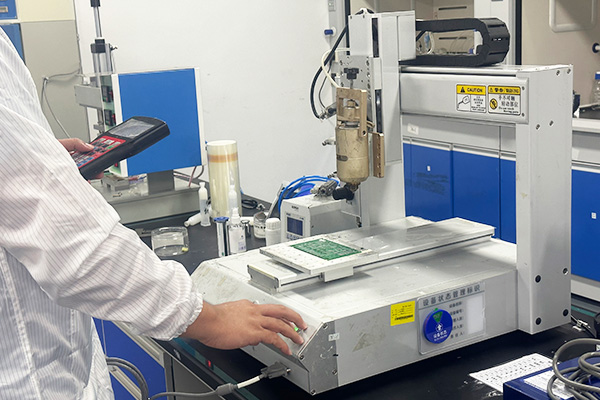
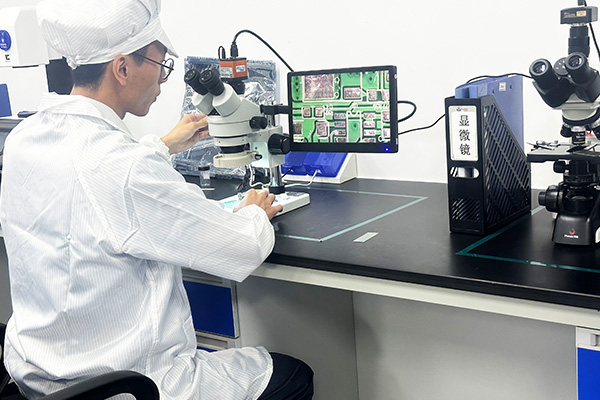
Adhesive Quality Assurance Programs:
We tailor quality assurance programs for your adhesive chemistries or curing processes to evaluate the critical attributes and fundamental properties of ongoing production batches, ensuring they meet specifications and supporting sourcing by monitoring the quality of incoming materials. Our QA programs typically include the collection of data to enable product and process performance, driving insight through the use of Statistical Process Control tools.
Troubleshooting Performance or Quality Issues:
To solve adhesive quality issues, we apply a wide range of spectroscopy (FTIR, RAMAN, RAMAN microscopy), microscopy (optical, scanning electron microscopy), chromatography (GC-MS, HS-GC), and mass spectrometry alongside key performance tests such as lap shear or peel. These techniques are strategically applied to address issues such as integrity, mixing, consistency, and to ensure more control over a wide variety of potential future issues. Mass spectrometry (either MALDI-TOF or LC-MS) may be employed to yield information about the buildup of oligomers during curing. This can include bulk oligomers and the formation of low levels of adducts during mixing. We may also use techniques such as Differential Scanning Calorimetry (DSC) or Thermographic Analysis (TGA) to study changes in physical properties that can occur during the curing process.
